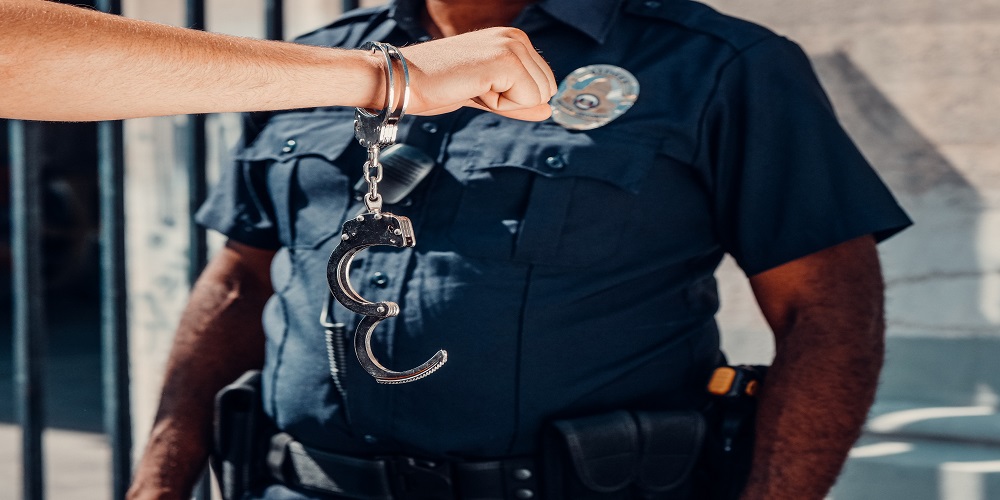Have you ever wondered if the police are allowed to arrest you without a warrant? In some cases, police can make an arrest without one, although strict rules must be followed.
In this blog post, we’ll explore when and why police might arrest without a warrant, what kind of protection individuals have during these arrests, and how to decide whether or not it is legal.

What is a Warrant, and Why Is It Sometimes Not Needed?
A warrant is an official document that permits the police to search for and seize evidence or arrest someone for committing a crime.
Although warrants are usually required in most cases involving criminal activity, there are circumstances where police officers can arrest someone without one.
These situations often require an emergency response, and the officer must act quickly to protect either people or property from danger.
In What Situations Can Police Arrest Me Without a Warrant?
- If There’s Probable Cause: Police officers must have probable cause before taking someone into custody—this means they must have reasonable suspicion that the person has committed a crime. This can be determined by looking at the situation’s facts and any eyewitness accounts or physical evidence such as fingerprints or video footage. If law enforcement agents believe these criteria were met, they may arrest someone without obtaining a warrant beforehand.
- Arresting Someone Fleeing From a Crime Scene: Police also reserve the right to take someone into custody if they run away from the scene of a crime or attempt to get rid of any potential evidence of their alleged activities. Even though running away doesn’t automatically include guilt of any specific offense, law enforcement agents must follow procedures when detaining suspects; otherwise, they could face legal repercussions.
- During Vehicle Searches: Police are also allowed to conduct vehicle searches if they suspect criminal activity such as drug possession or trafficking weapons without needing a warrant beforehand—although they must meet certain criteria before doing so in order not to violate anyone’s rights under United States law (e.g., having probable cause).
- Pursuing Suspects Across State Lines: Finally, law enforcement agents can pursue suspects who flee across state lines even if there isn’t an extradition agreement between two states—in which case extradition paperwork would be required for police officers from one state jurisdiction to take over jurisdiction from another state (or country).
What Kind of Protection Do I Have During These Arrests?
When arrested by law enforcement agents who don’t have warrants beforehand, individuals will still be entitled to certain protections depending on what jurisdiction they are under; this includes being informed about their Miranda rights, being taken into local custody rather than overseas (when applicable), notifying family members about their whereabouts within 24 hours and maintaining contact with attorneys during interrogation sessions (if desired). Additionally, detainees won’t be subject to excessive force and must remain unharmed throughout their detention process until either further investigation or trials commence—if necessary.
How Can I Decide Whether or Not My Arrest Was Legal?
The best way to determine whether your detainment was legal is by consulting with an attorney who specializes in criminal defense law—they can review all relevant aspects regarding your detainment, including where it occurred (state/country), how long it lasted and whether proper procedures were followed throughout its duration; this way you’ll know whether your rights were violated during your detainment process too!
Verdict!
Although warrants aren’t always needed for every single arrest situation, individuals should still keep in mind that even when arrested without one, there are still rights afforded to protect them while being detained- including informing family members & attorneys promptly and being subjected only minimal force while held by law enforcement agents until further investigations take place- if necessary!
Understanding when & why warrants or a criminal procedure aren’t needed and all related protections available will help ensure everyone’s safety during any incarceration process moving forward!
